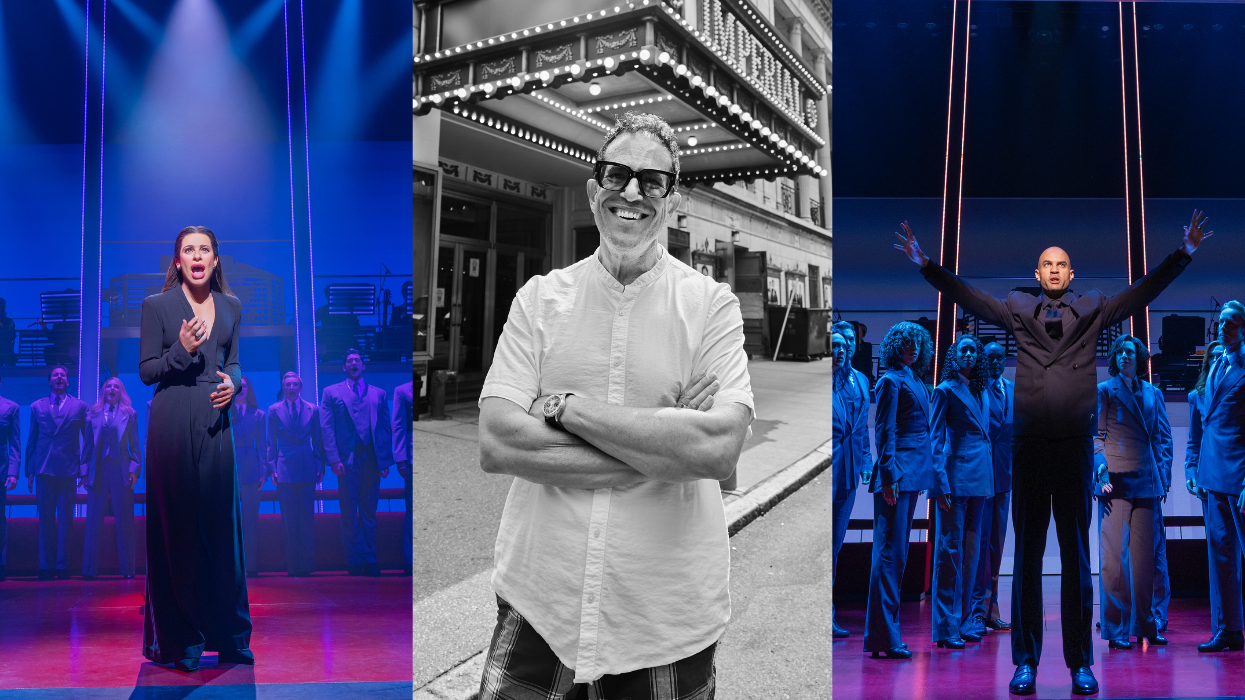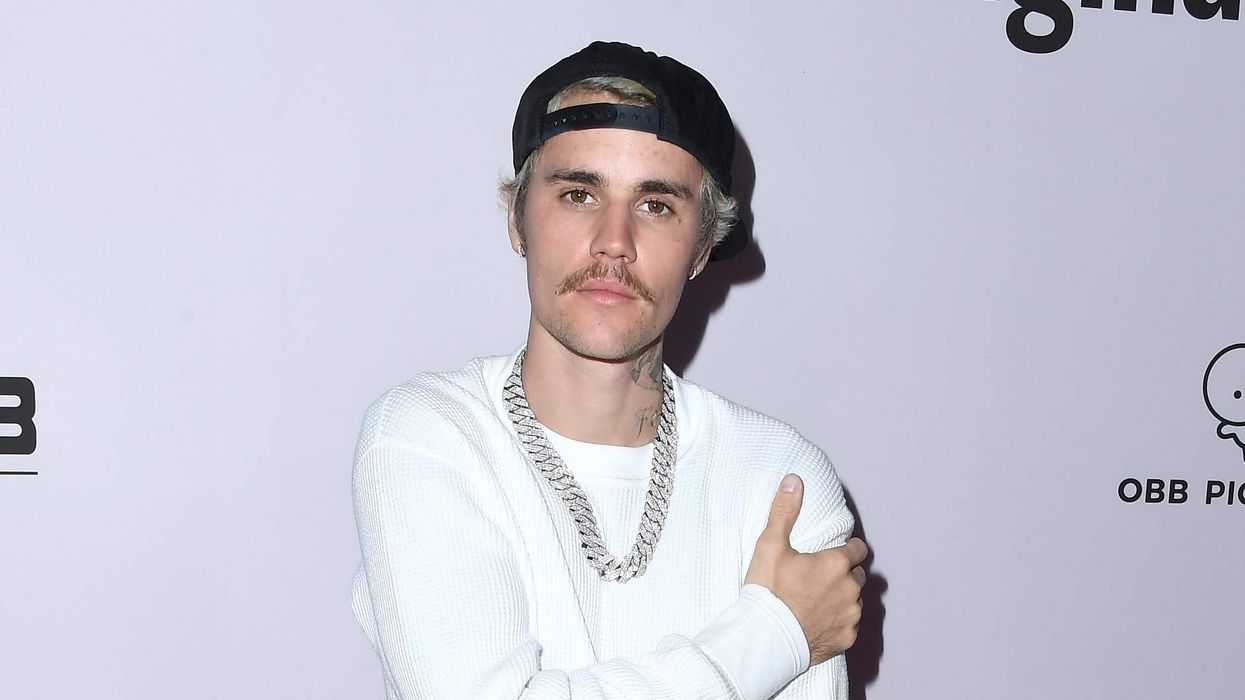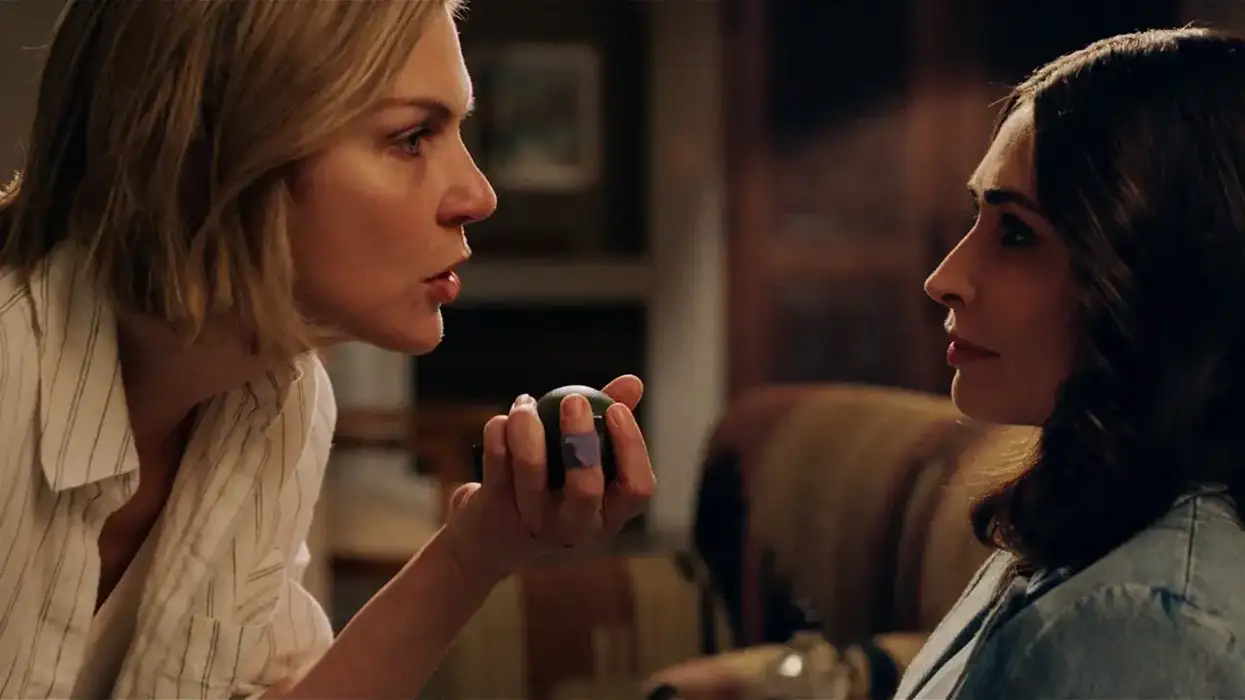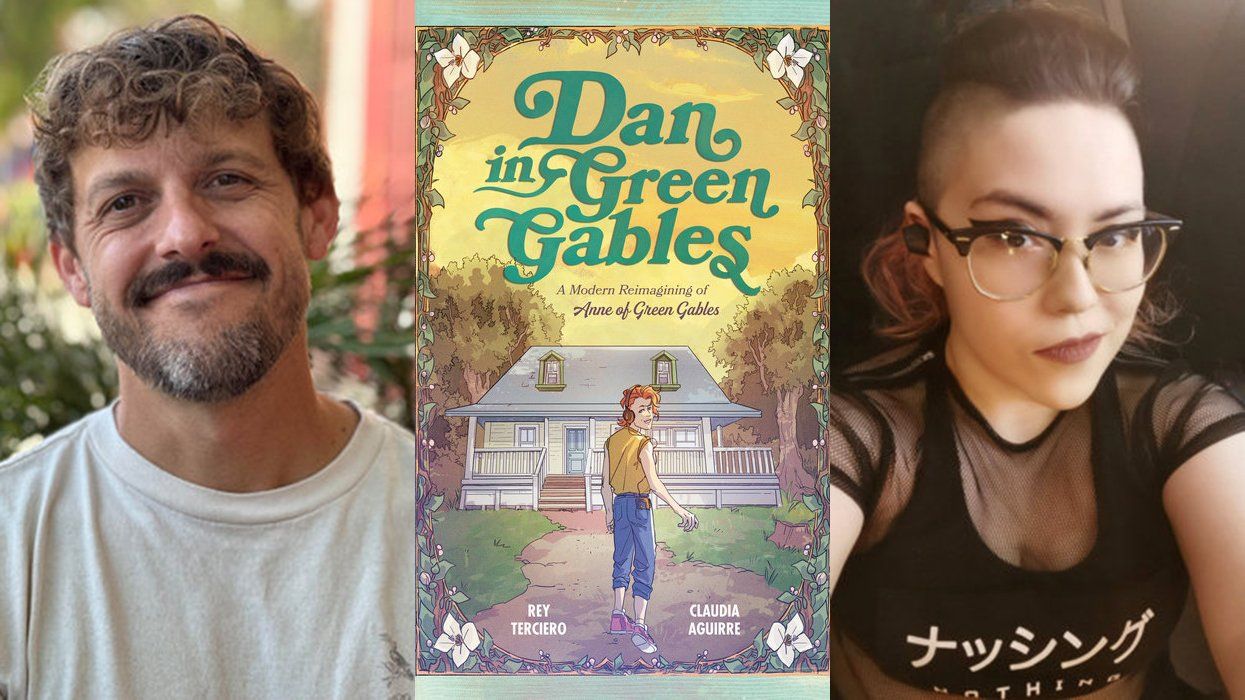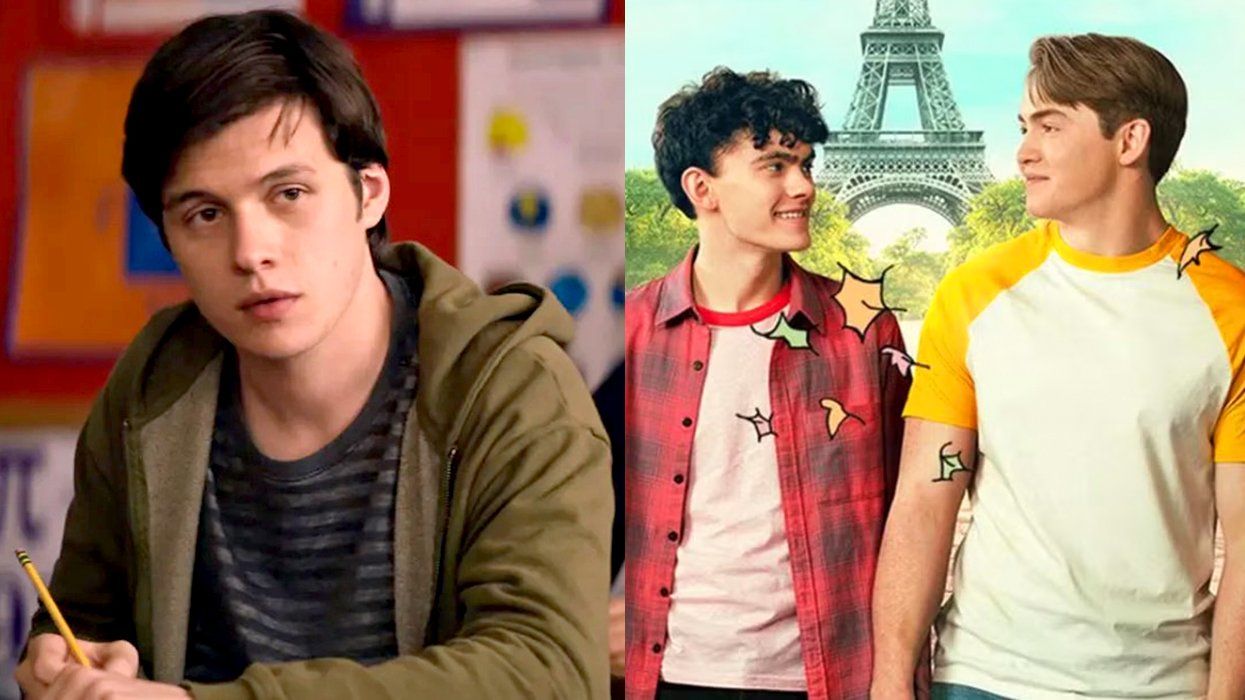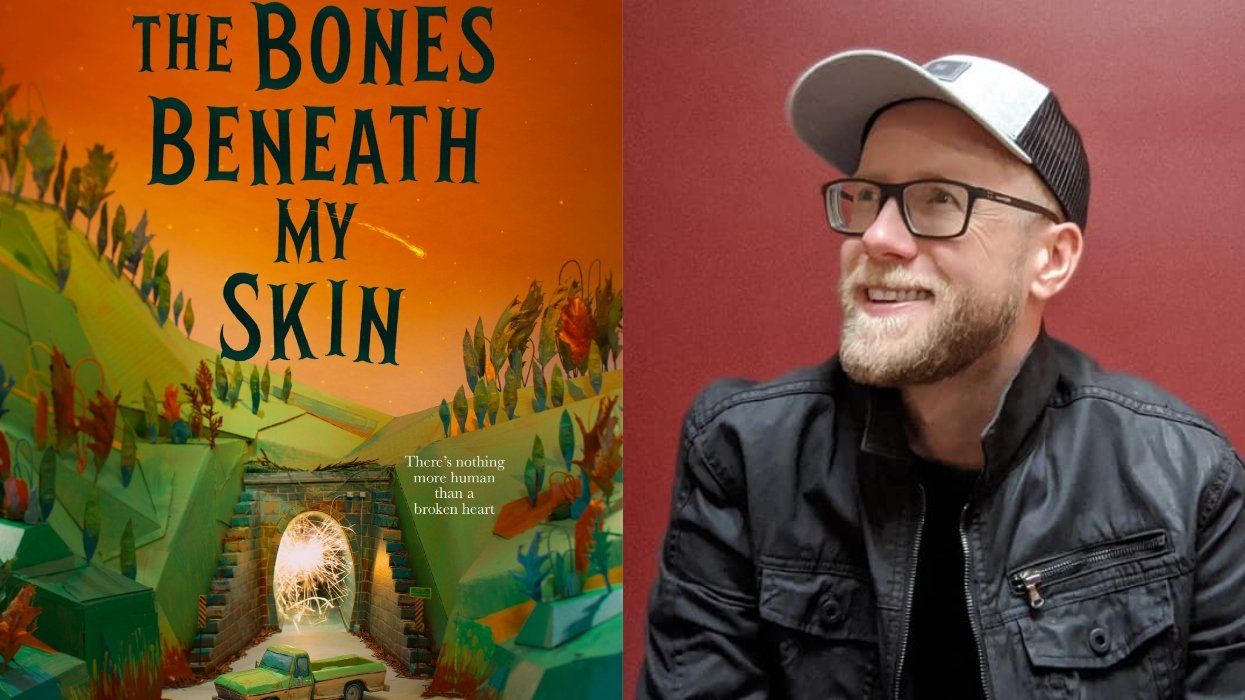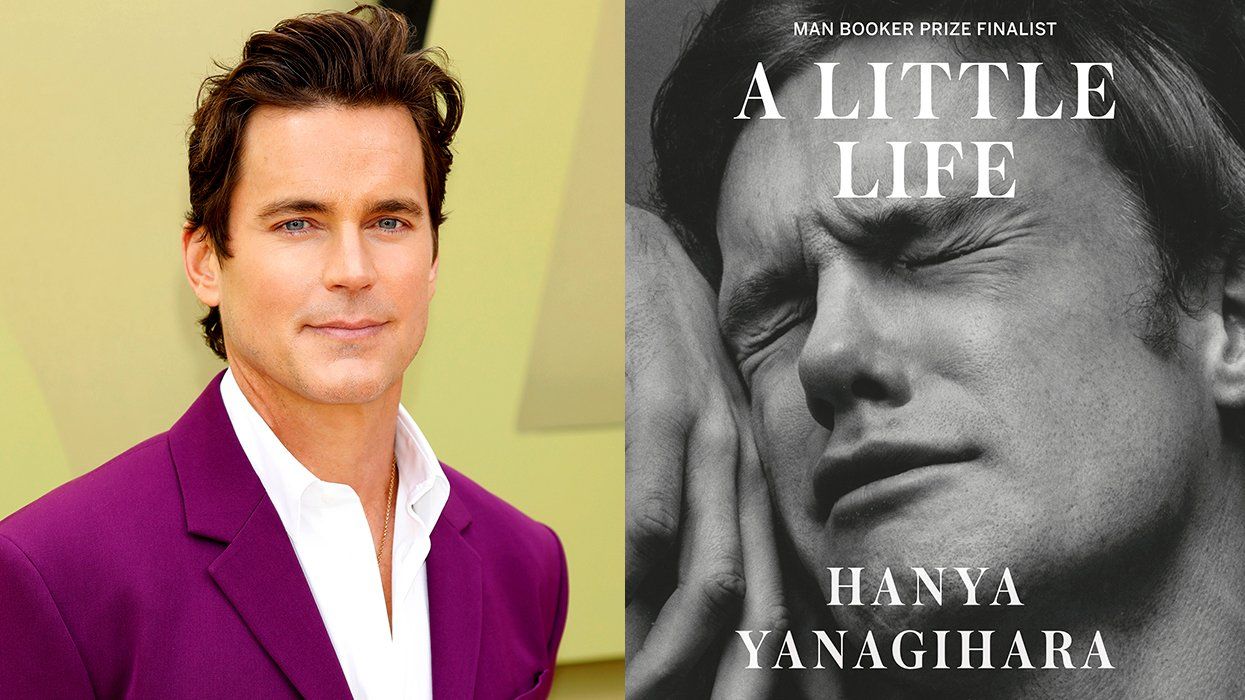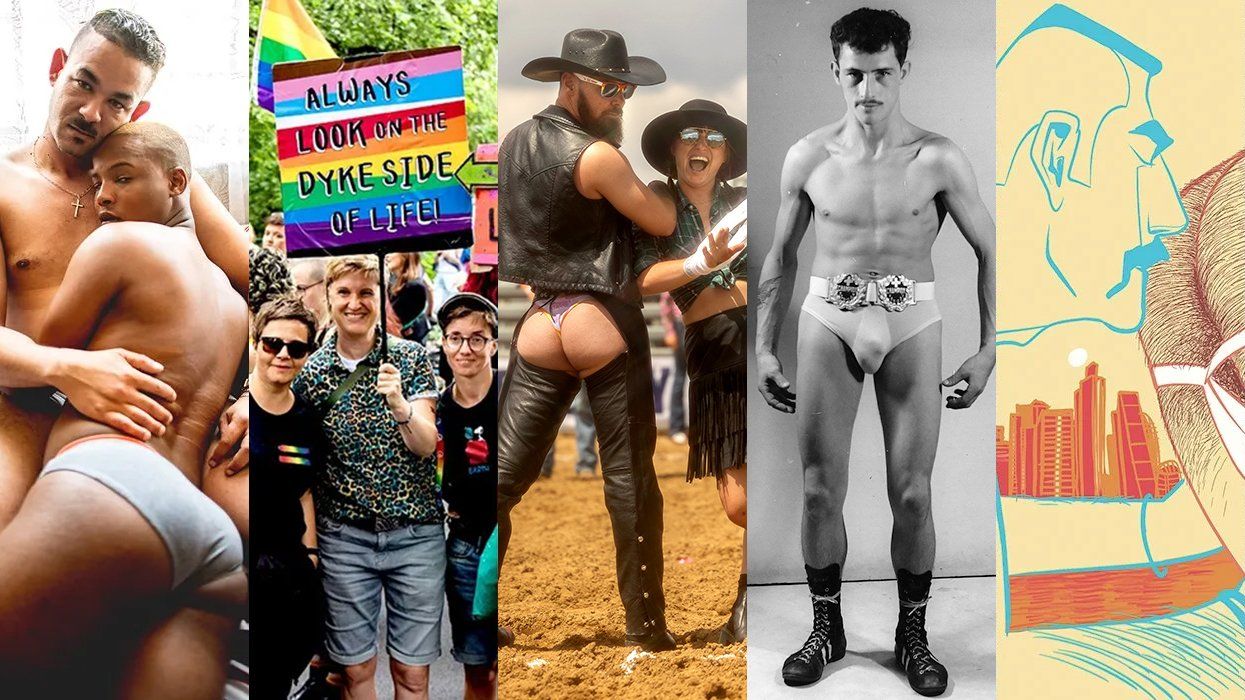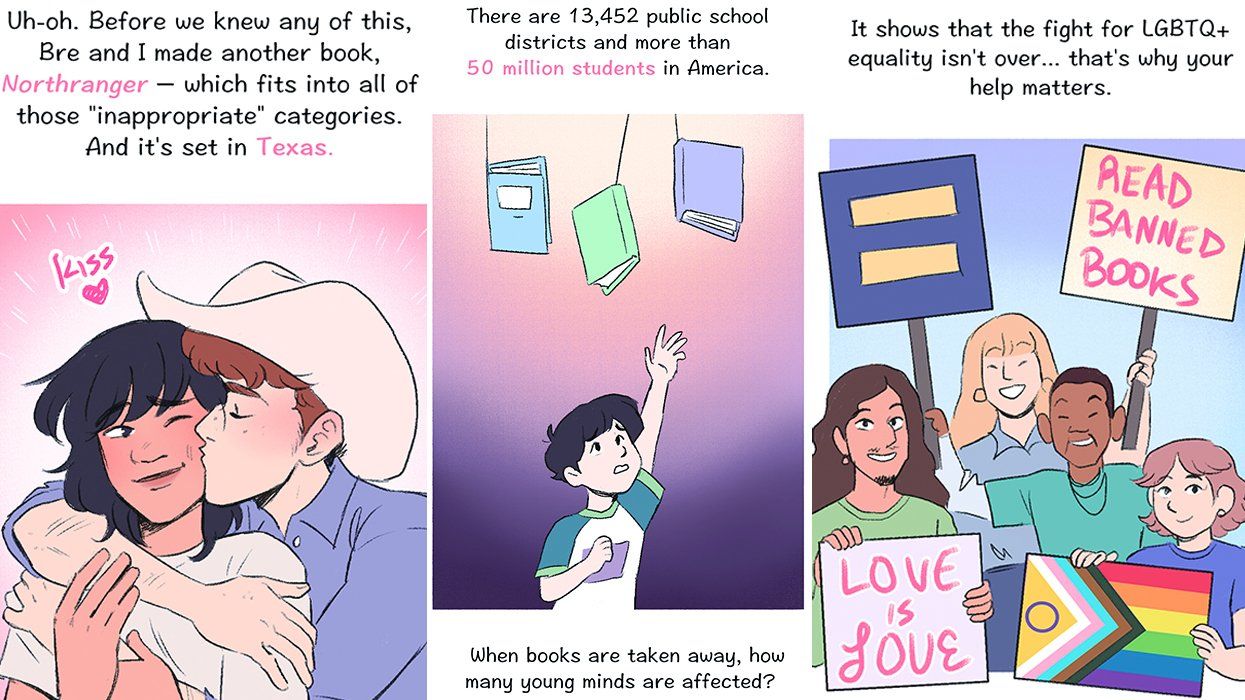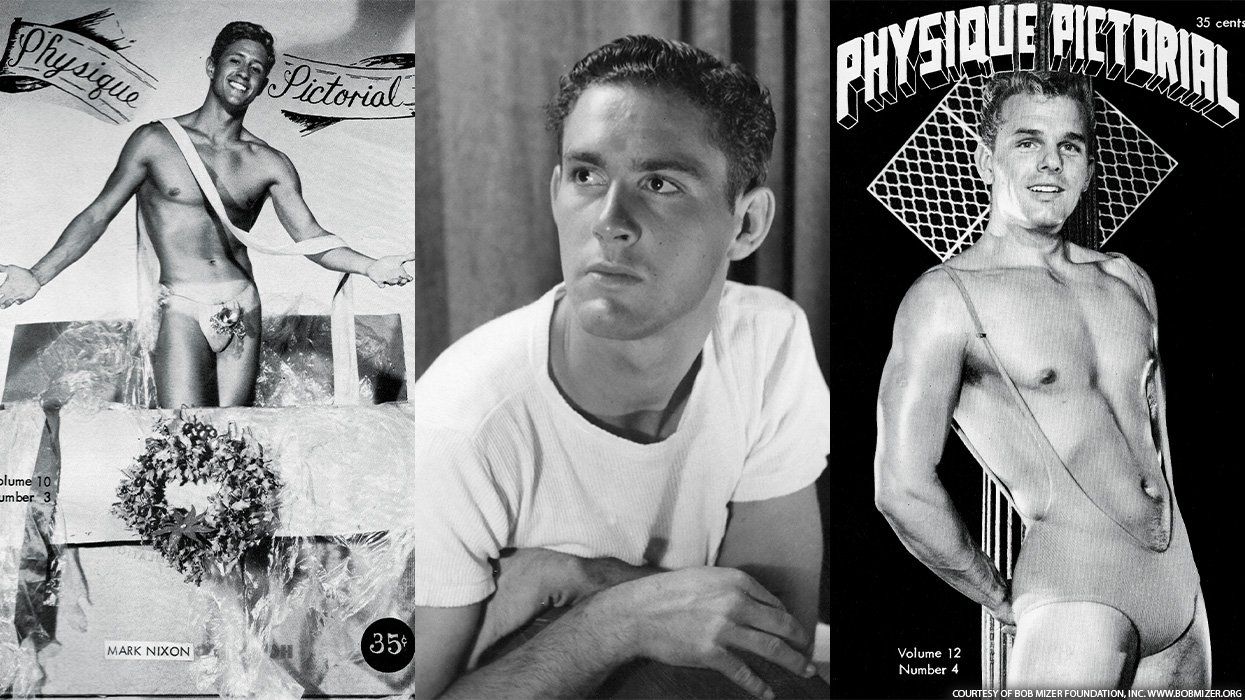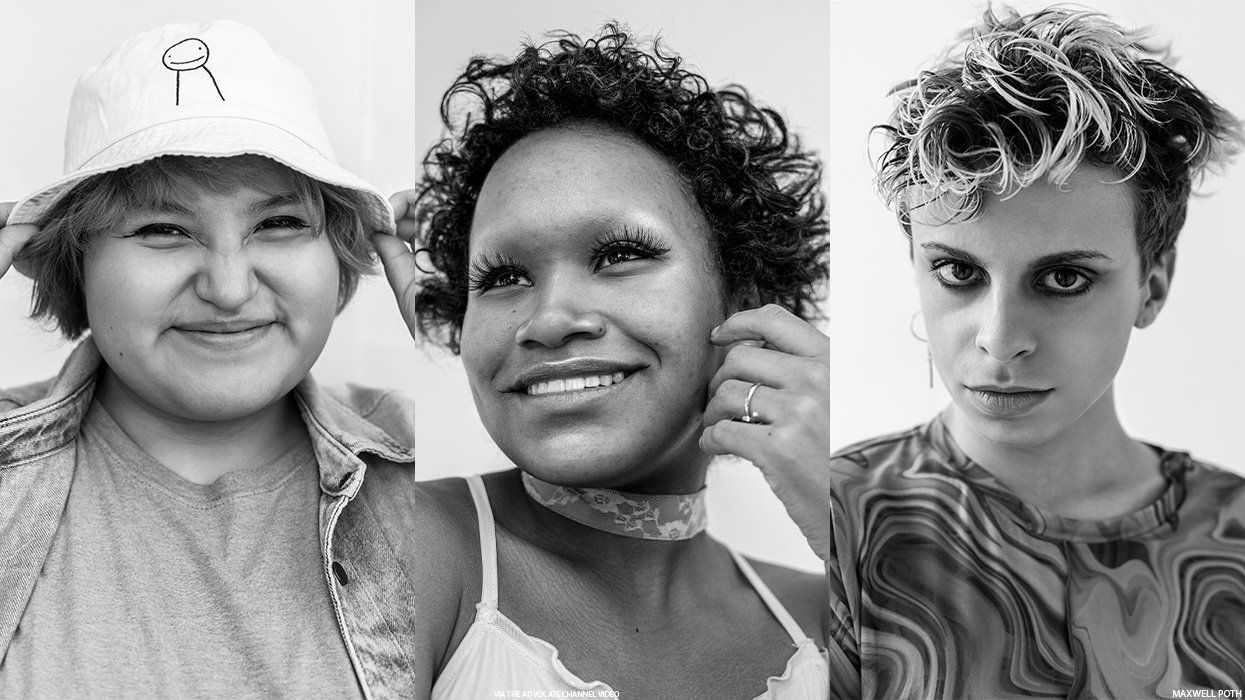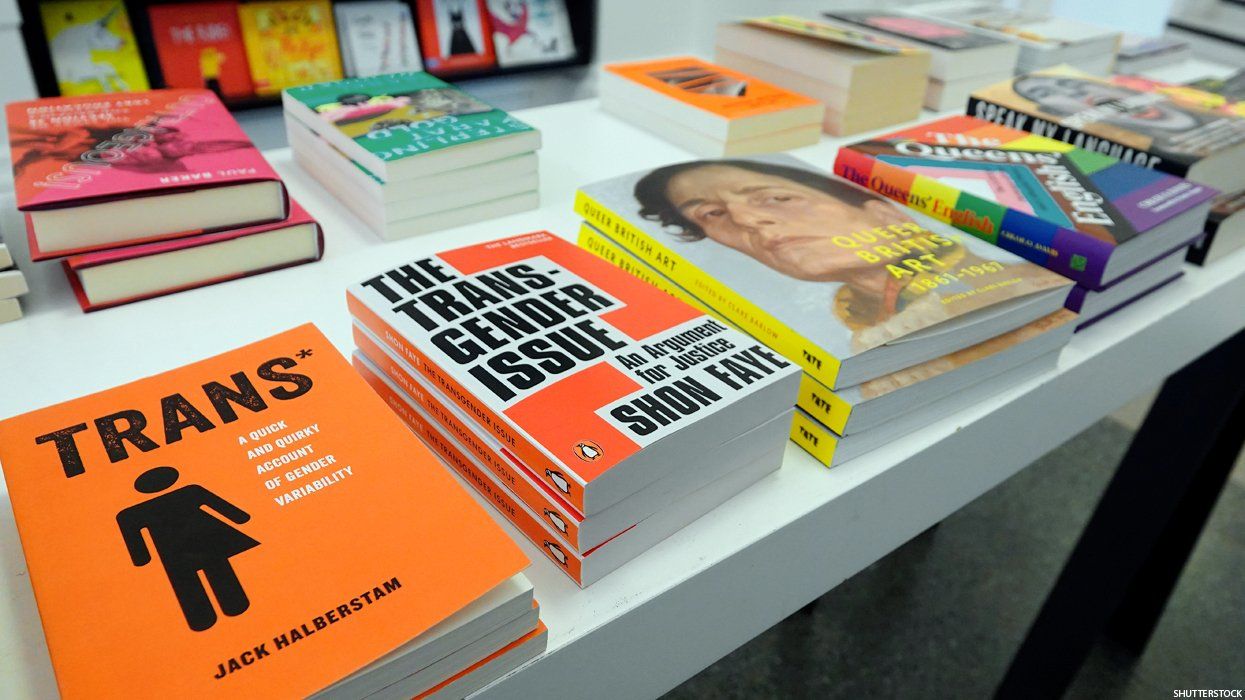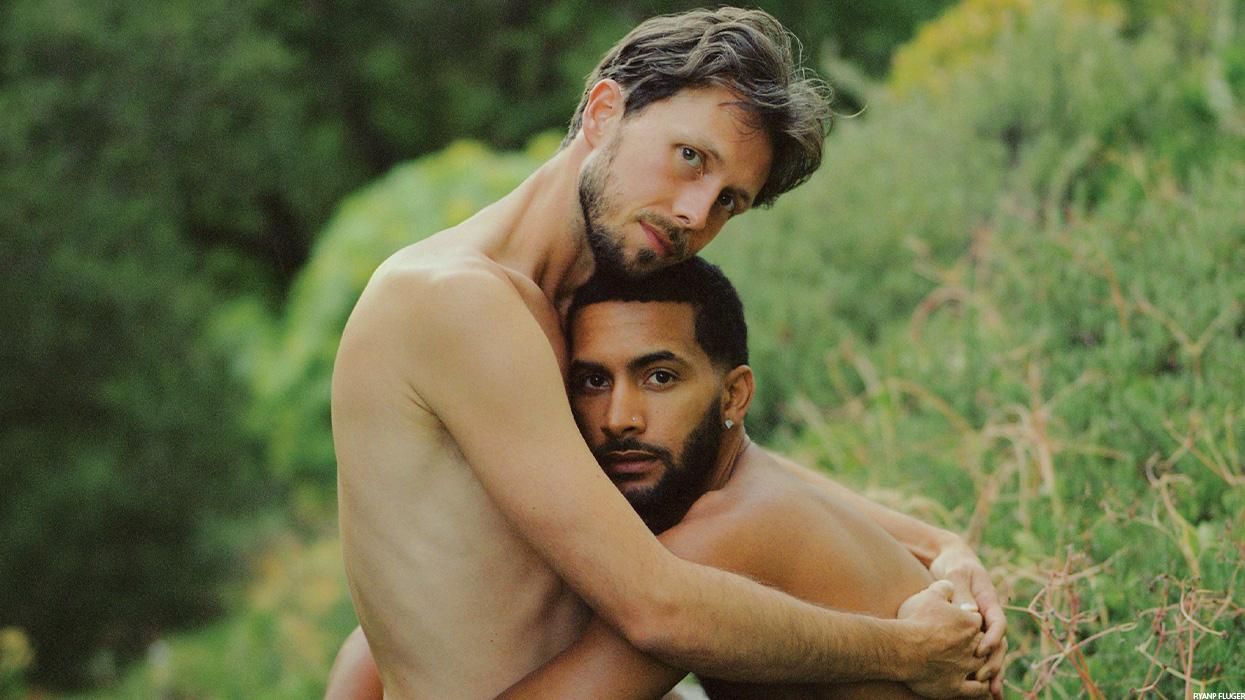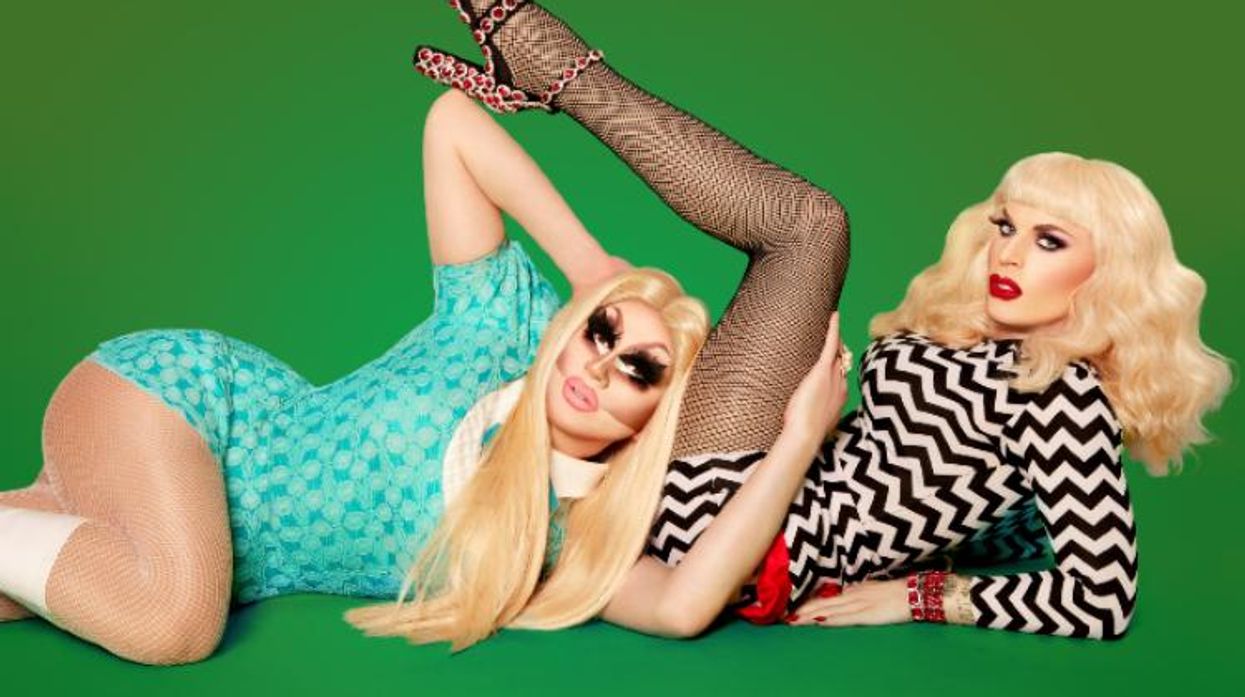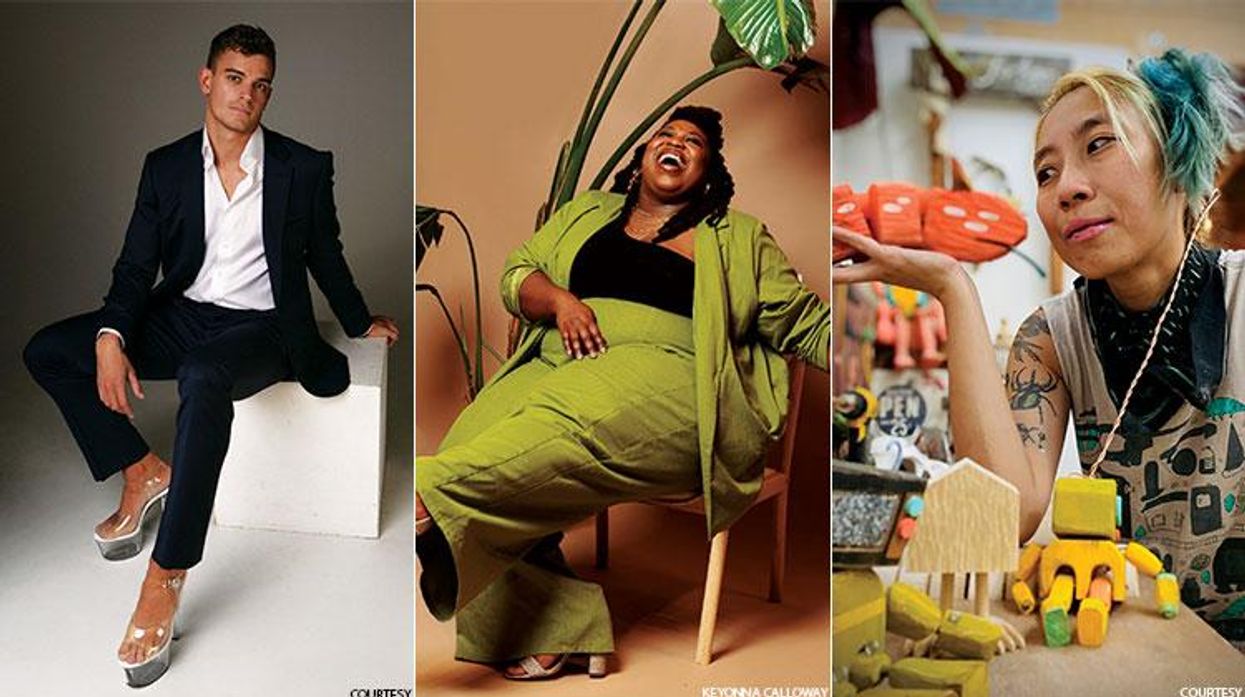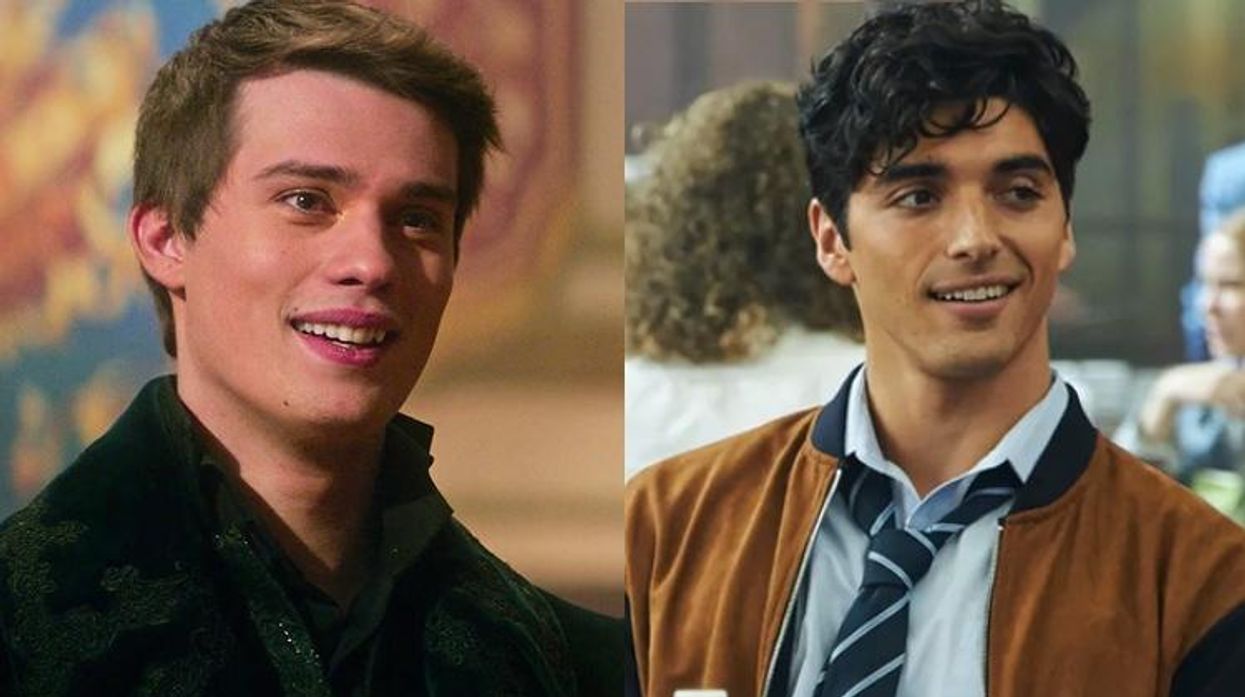A painting by white New York artist Dana Schutz was protested last Friday by a group of black artists, who all stood in front of the painting for hours at the 2017 Whitney Biennial. The debated work, titled Open Casket, is based on a photograph from the funeral of Emmett Till, a 14-year-old black American who was murdered in Mississippi for flirting with a white woman. Schutz's painting shows Till's face and chest, as he lies in his coffin, which was left open per his mother's request to expose the brutal extremes of American racism.
"The painting should not be acceptable to anyone who cares or pretends to care about Black people because it is not acceptable for a white person to transmute Black suffering into profit and fun, though the practice has been normalized for a long time," reads an open letter from protestor Hannah Black to Biennial curators Christopher Y. Lew and Mia Locks. The note was co-signed by fellow artists of color, including Juliana Huxtable. "Although Schutz's intention may be to present white shame, this shame is not correctly represented as a painting of a dead Black boy by a white artist--those non-Black artists who sincerely wish to highlight the shameful nature of white violence should first of all stop treating Black pain as raw material."
Related | OUT100: Juliana Huxtable
In a statement to artnet News, Lew and Locks defended their decision, saying, "The 2017 Whitney Biennial brings to light many facets of the human experience, including conditions that are painful or difficult to confront such as violence, racism and death. Many artists in the exhibition push in on these issues, seeking empathetic connections in an especially divisive time." Schutz defended also her work in an email statement to The Guardian, saying, "I don't know what it is like to be black in America, but I do know what it is like to be a mother. Emmett was Mamie Till's only son. The thought of anything happening to your child is beyond comprehension."
Related | A List of Galleries Representing Only White Artists is Circulating the Internet
Parker Bright, a queer black artist who participated in the protest by wearing a "Black Death Spectacle" tee, met today with Lew and Locks to discuss the controversial work. On Facebook live, Bright said one of his biggest concerns was that Schutz would be profiting off this piece, but learned that she is not selling Open Casket. "I'm actually very happy to find out that she's not selling this piece, but that doesn't mean there isn't some other shit happening on the low," he said.
Bright also spoke with the curators about being mindful of how the public will perceive their show once it's displayed. "Putting together a show like that, it's supposed to like be an essay or a survey of what the social, racial and political climate right now is in America," he said. "But without any context, I don't think people will actually understand what's happening in front of them."
One of Bright's main goals through protesting is to start conversations, which the curators echoed during their meeting. "One thing that the curators told me is that they were encouraging that type of conversation, or that sort of response, which I'm kind of conflicted about because I'm not sure the proper way to have this conversation is to throw black dead bodies in people's faces, but that's just the way it is at this point," he said.
Despite today's conversation, Bright said things were ultimately left "open-ended," and he's unsure if they will remove Schutz's work from being displayed. "Tons of people have expressed their concerns and how hurt they are by this image being shown, but I don't think I can personally get them to take this painting down," he said. "I don't really know what to do, but keep protesting this piece--I think I did what I could do [...] I just appreciate that the curators talked to me; at least something got done."
Photographer Emmanuel Olunkwa, who co-signed Black's open letter, released a statement on Twitter, underlining Bright's concerns and suggesting that Schutz's work allows racism to thrive through abstraction. "Blackness has always existed at the hands of whiteness," he said. "And while this binary at times seems inescapable, we can reject this false economy of critique that is violent."



